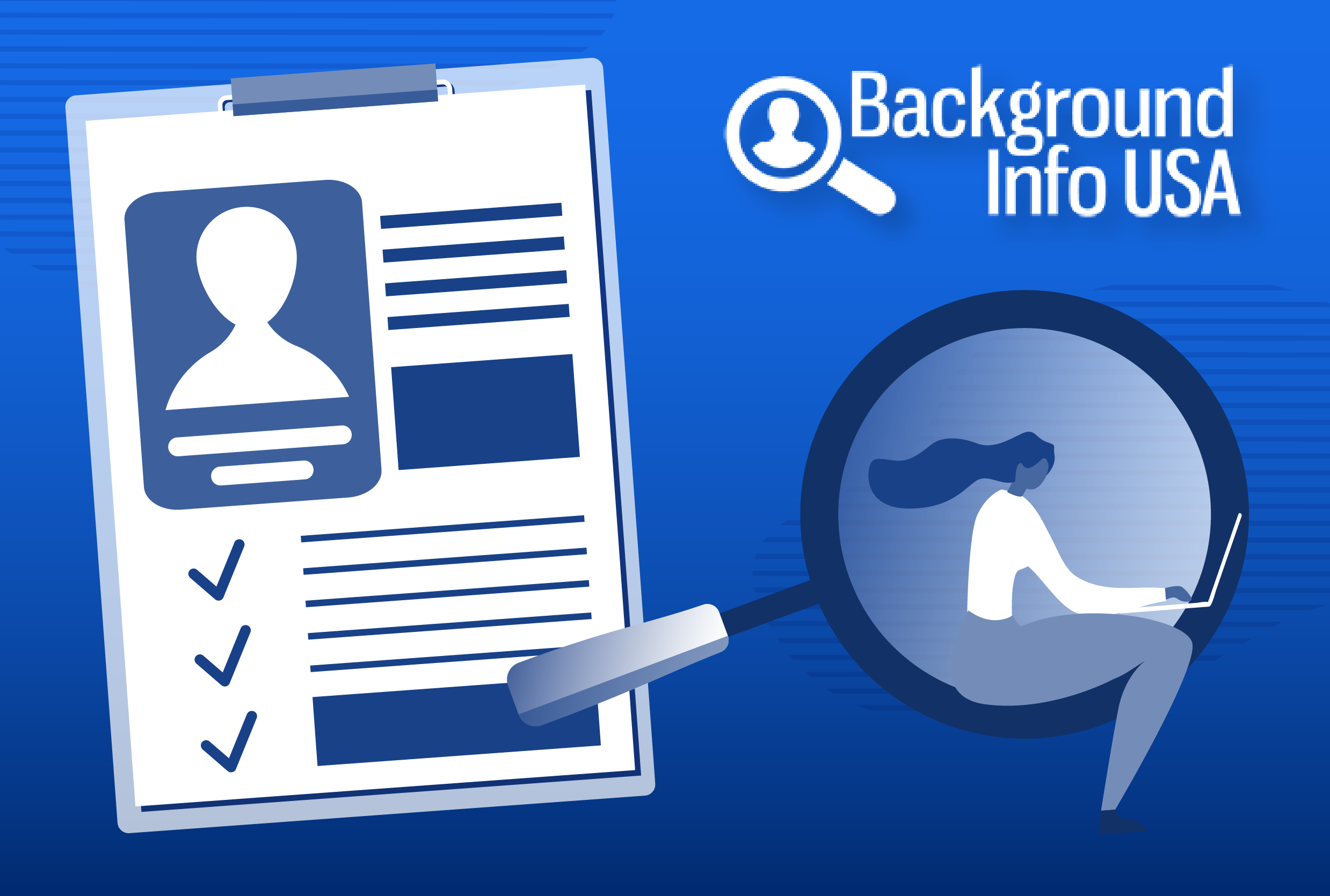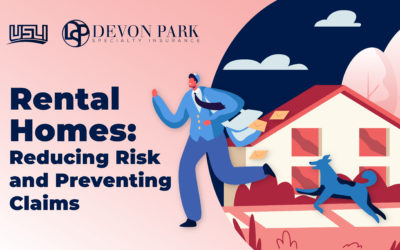In the aftermath of the June 2021 collapse of the Champlain Towers South condominium building in Surfside, Florida, condominium associations across the country are searching for actions they can take to prevent such a tragedy from happening to them.
Learn how you can best protect your condominium building and its residents by following our five safety tips below.
- Have your building(s) inspected by a licensed structural engineer, and make required repairs in a timely manner.
- NOTE: Follow all mandatory inspection requirements in your state and county. Typically, condominium buildings have a structural inspection performed at least 40 years after construction, with reinspections every 10 years after that. Needed repairs identified by the inspection should be completed as soon as possible.
- DID YOU KNOW? Buildings located in coastal areas are at a higher risk of structural degradation due to their excessive exposure to water, heat and wind. It is suggested coastal risks be inspected 25 years after construction, with more frequent reinspections thereafter.
- Conduct reserve studies with a qualified engineering firm, and fully fund reserve accounts based on their results.
- NOTE: Follow all mandatory inspection requirements in your state and county. Typically, condominium buildings have a structural inspection performed at least 40 years after construction, with reinspections every 10 years after that. Needed repairs identified by the inspection should be completed as soon as possible.
- DID YOU KNOW? Buildings located in coastal areas are at a higher risk of structural degradation due to their excessive exposure to water, heat and wind. It is suggested coastal risks be inspected 25 years after construction, with more frequent reinspections thereafter.
- Have the property manager inspect the building and grounds daily.
- NOTE: The property manager should report any issues to the board so they can be addressed immediately.
- DID YOU KNOW? Staff, management and unit owners play a vital role in looking out for issues and reporting them right away.
- Be prepared by being fully insured with all necessary coverages.
- NOTE: All condominium associations should acquire insurance coverages with adequate policy limits to protect themselves in the event of a loss.
- DID YOU KNOW? Essential coverages include property, general liability, directors and officers, errors and omissions, and excess liability.
- Follow the advice of the professionals available to you.
- NOTE: Just like you’d consult a structural engineer about building concerns, utilize the guidance of the many other trained professionals in your orbit to ensure you are acting in the best interest of your association in all regards.
- DID YOU KNOW? Your attorneys, accountants, insurance agents and more can all provide guidance.







